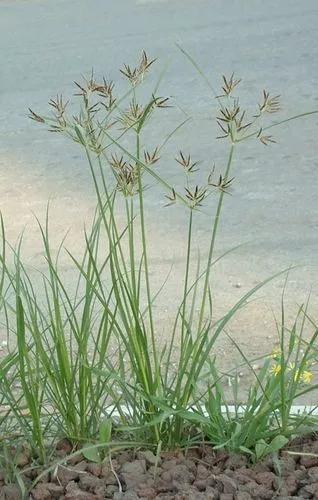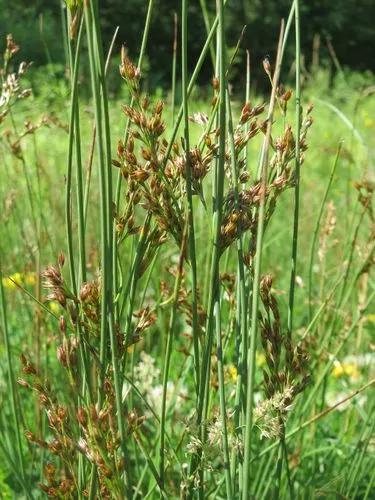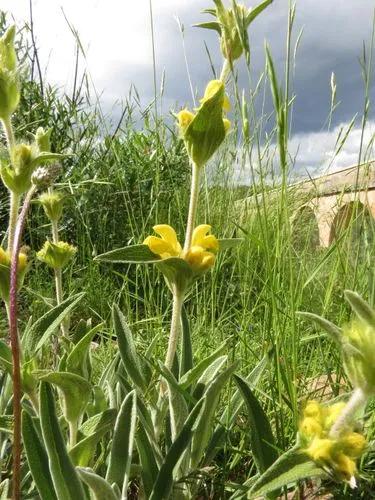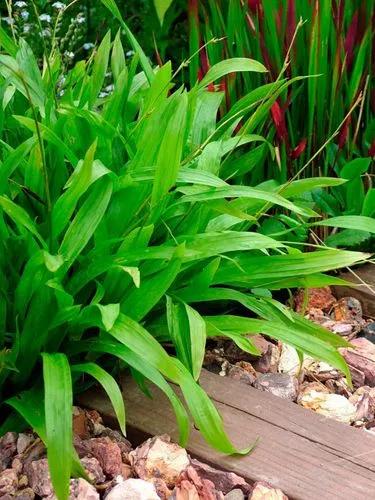Imperata cylindrica (commonly known as cogongrass /koʊˈɡoʊn/ or kunai grass /ˈkuːnaɪ/)) is a species of perennial rhizomatous grass native to tropical and subtropical Asia, Micronesia, Melanesia, Australia, Africa, and southern Europe. It has also been introduced to Latin America, the Caribbean, and the southeastern United States. It is a highly flammable fire-adapted species, and can spread rapidly by colonizing disturbed areas and encouraging more frequent wildfires
Cogongrass Care
Imperata cylindrica



It grows from 0.6 to 3 m (2 to 10 feet) tall. The leaves are about 2 cm wide near the base of the plant and narrow to a sharp point at the top; the margins are finely toothed and are embedded with sharp silica crystals. The main vein is a lighter colour than the rest of the leaf and tends to be nearer to one side of the leaf. The upper surface is hairy near the base of the plant while the underside is usually hairless. Cogongrass has an extensive rhizome network, the biomass of which accounts for 60% of the total biomass of the plant. They can penetrate up to 1.2 m (3.9 ft) deep, but 0.4 m (1.3 ft) is typical in sandy soil.Appearance Imperata cylindrica is a perennial, colony-forming grass which can grow up to 6 ft. (1.8 m) tall. Foliage: Leaves have an off-center, whitish midrib and finely serrated margins. Leaves are up to 6 ft. (1.8 m) long, 0.5-0.75 in. (1.3-1.9 cm) wide, stiff, and have a sharp, pointed apex. Rhizomes are whitish, branched, scaly and sharp at the tips. Flowers: Flower heads are 2-8 in. (5.1-20.3 cm) long, silvery-white and cylindrical. Fruit: Imperata cylindrica is best identified in the spring by the large fuzzy panicle of flowers and seeds, giving the plant a cottony or silky look.
This plant is useful.
This plant might be poisonous
How to get rid of: Put on gloves and gently pull out the plant with the root system, you can use a shovel for convenience.
How to Care for the Plant

Popularity

471 people already have this plant 26 people have added this plant to their wishlists
Discover more plants with the list below
Popular articles






